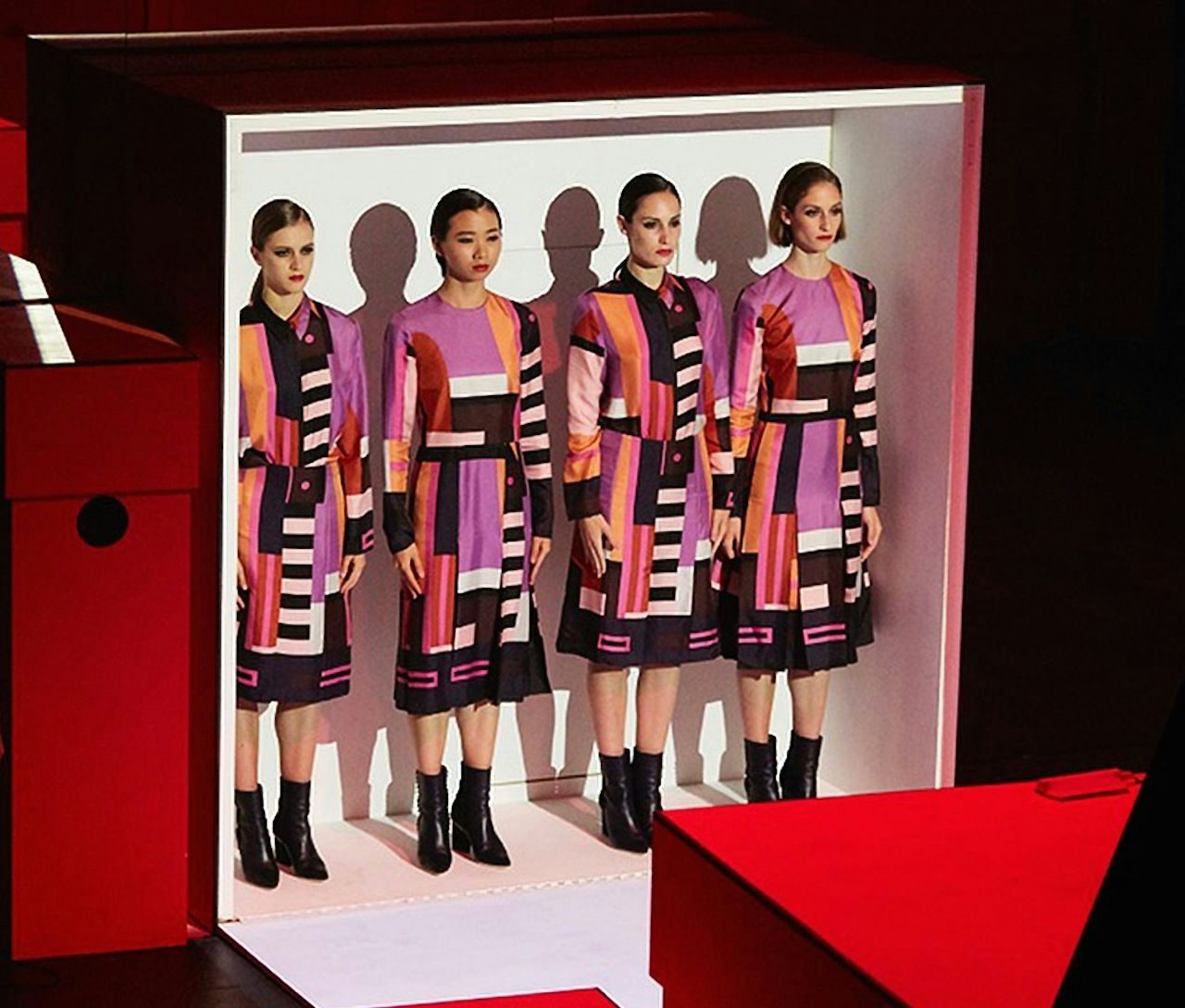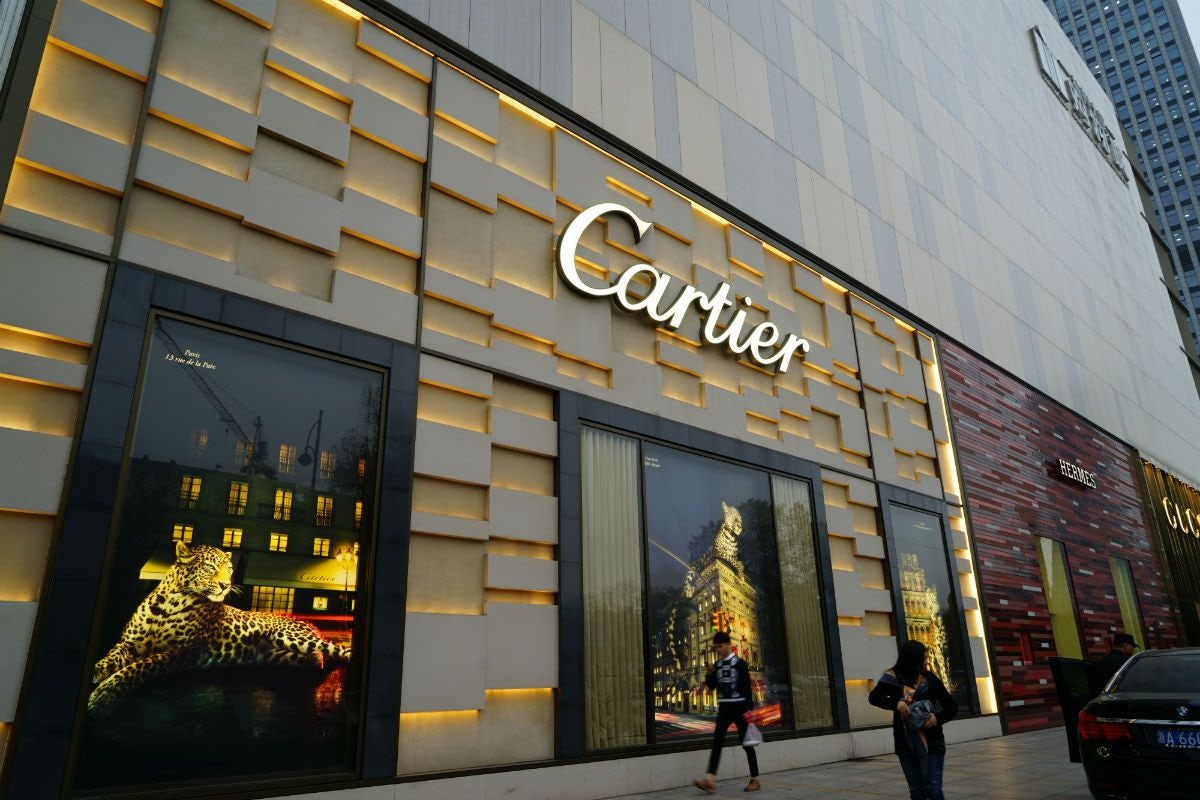Chinese consumers are becoming wealthier, but that does not mean their “perceived wealth” is growing as well, according to a new report by management consulting company Oliver Wyman. The report, “Chasing the Chinese Dream: Aspirations and Dilemmas of China’s New Affluent Consumer Class,” illustrates the hopes and challenges faced by 1,000 individuals with RMB 650,000 to RMB 6 million (about US95,000 to US878,000) in investable assets.
These Chinese consumers as a whole will see their investable assets rise from RMB 21 trillion in 2015 to RMB 45 trillion in 2020, but their lack of uncertainty when it comes to welfare and economic security causes them to view their wealth class in a different way. The report cites a 2015 survey by the Chinese Academy of Social Sciences that reveals that only about half of the respondents making RMB 300,000 (about US44,000) annually consider themselves to be part of the middle class, even though this level of income would put them at the top segment of Oliver Wyman's own survey sample and is in the 99th percentile of the Chinese population.
This means that although these consumers are confident they will have more disposable income in the future and plan to spend more money, they will likely invest it in areas that improve their quality of life, such as healthcare, better housing, and entertainment.
For example, the healthcare system in China concerns many consumers due to uncertainties regarding lack of quality care and qualified doctors, capacity, and health insurance options. Nearly half of the survey respondents listed “future healthcare treatment” as a priority for investing, and many of them will be putting this investment towards overseas options. Medical and wellness tourism, which is a rising trend among high-net-worth individuals in China, is now becoming a larger priority for individuals in the mass affluent class.
This sentiment towards lifestyle improvement also trickles down into the daily consumption habits of this consumer segment. “The last decades of rapid modernization have enabled Chinese consumers to achieve a degree of material comfort, and now interests are shifting to higher needs for self-fulfillment,” the report's author says. “They are becoming more fun-loving and less infatuated with having more."
This outlook is translating into shopping mall designs as they create more spaces for entertainment and dining—60 percent of respondents said they now spend more on going to the movies, sports, food, and domestic vacations. China's dining industry is benefiting from this increased interest as it provides consumers with a broader palate of options that respond to a demand for not only delicacies, but for improved lifestyle through guaranteed food safety, healthy options, and better ambiance.
Brands can also tap into this desire when selling goods or services, through emotional advertising and personalization, the report says. Chanel’s “Coco Before Chanel” film campaign is noted as one successful example of a marketing tactic that engaged Chinese consumers by inspiring them with the story of Coco Chanel that “taps into dreams around strength, prestige, and a life philosophy.”


